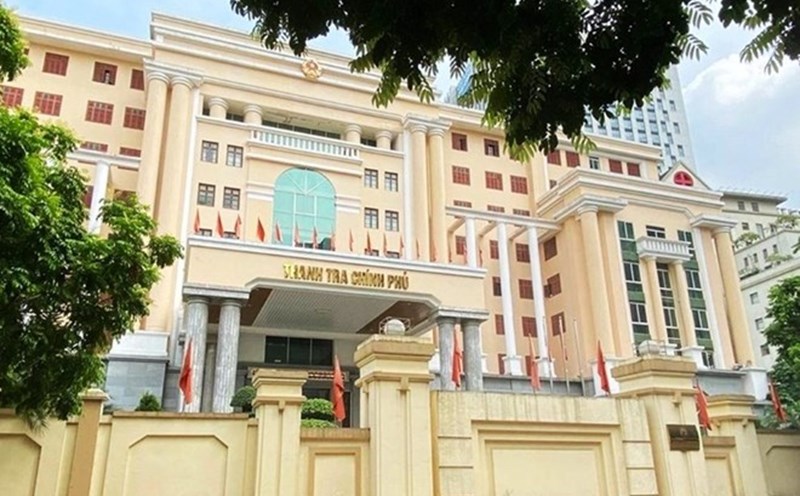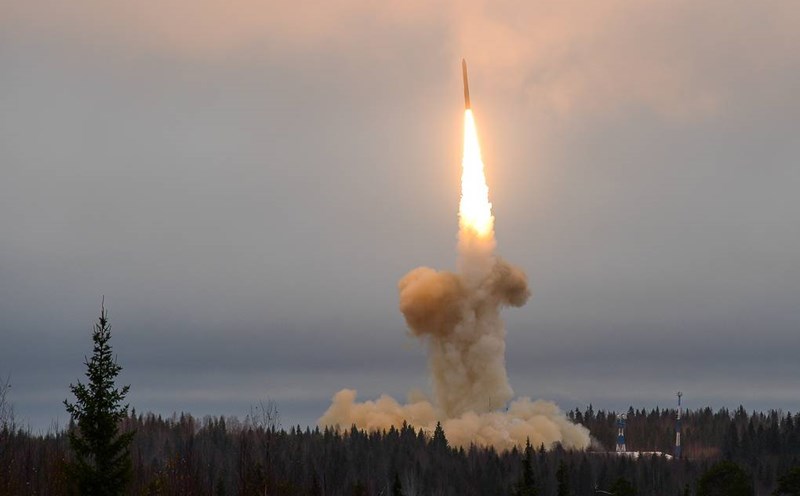Despite the imposition of economic sanctions on Russia, German Chancellor Olaf Scholz said on March 7 that Europe needs to continue importing Russian oil and gas, which he said was necessary for the continents energy security.
Currently, Europes energy supply for heating, transportation, electricity supply and industrial production cannot be guaranteed by any other way than import from Russia. Therefore, it is of essential importance for the provision of public services and the daily life of our citizens, RT quoted an official statement from Scholzs office as saying.
Germany depends on Russia for about 55% of its total gas supplies, while the EU imports more than half of its total energy product. Of these imports, Russia provides 41% of gas, 46% coal and 27% oil.
The EU has therefore reluctantly sanctioned Russian energy in response to the conflict in Ukraine, even as it attacked Moscow with unprecedented restrictions, closing airspace on Russian flights, banning Russian media and providing weapons to Ukraine.
For Germany, ensuring a continuous flow of oil and gas is even more important. Germany's investment in wind power has failed to provide enough energy to cover the closure of the country's last three nuclear power plants and coal plants due by the end of the year.
The Nord Stream 2 pipeline, which was set up to meet Germany's energy needs with cheap natural gas from Russia, has been completed but Berlin has canceled the certification in response to Russia's attack on Ukraine.
Germany is seeking to reduce its dependence on Russian gas. On March 5, Economic Secretary Robert Habeck announced that the country will build two liquefied natural gas (LNG) ports for imports from suppliers such as the US. Meanwhile, Germany has exceeded the targets set in the EU's 2030 plan, calling for 32% of total energy generated from renewable sources.
The German government has worked hard for months with partners in the European Union and beyond to develop alternatives to Russian energy. However, this cannot be done overnight. That is why continuing the operation of energy businesses with Russia is a conscious decision from us, Scholz said.
In addition, the list of those sanctioned may be expanded. Some measures may be taken as early as March 8.
The EU is also said to be working to strengthen its entire plan to implement sanctions, including limiting Russia's ability to use cryptocurrencies to circumvent them.
Over the weekend, the US said it was reviewing a bill banning imports of Russian oil and energy products. However, the EU has been skeptical about this drastic move, with German Chancellor Olaf Scholz "stumbling" discussions on banning Russian energy imports.
On February 24, Russian President Vladimir Putin announced the start of a special military campaign in Ukraine. Several Western countries have imposed sanctions against Russia, mainly targeting Russian banks, high-tech importers and some government officials and businessmen.
However, so far, no restrictions have been applied to exports from Russia, including exports of energy - oil and gas products. Many people are concerned that fuel shortages in the global market could push prices and inflation higher, which has reached record highs in many countries around the world.





